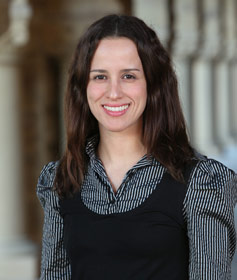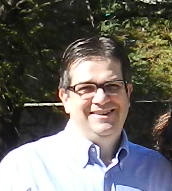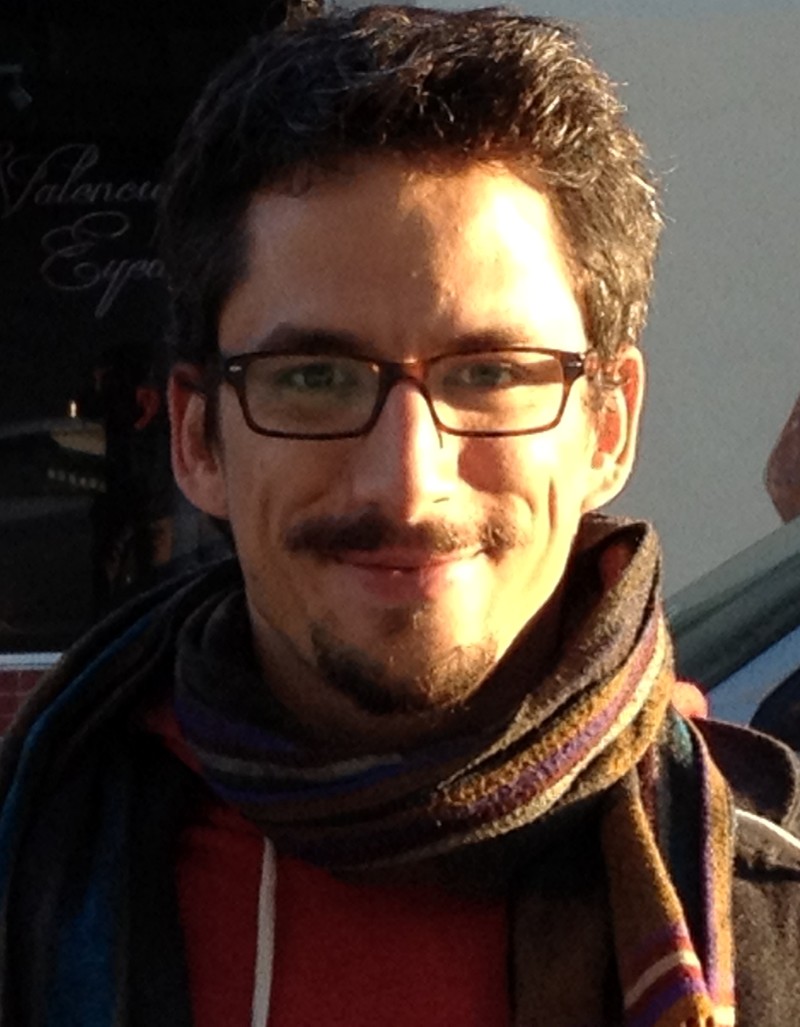
We had the opportunity to hear from Engin Walter Bumbacher on “Remote Biology Laboratories for Model-based Science Inquiry”
“Recent curricular frameworks (NGSS, 2013) are pushing for scientifically more authentic inquiry-based curricula that integrate relevant scientific practices revolving around data, models and theory. However, there are various obstacles to the classroom implementations of such a view of inquiry that range from logistical, structural and economic constraints (Abd-El-Khalick et al., 2004) to teachers’ knowledge and beliefs about science (Wallace & Kang, 2004). I argue that another important obstacle is the lack of proper learning tools and environments that integrate all the practices, yet that are robust enough to be used within the requirements and constraints of a science classroom. I will present a technological framework that provides an alternative approach to these types of labs; it combines remote biology labs with a modeling interface to enable inquiry-based activities that promote more authentic practices in line with the bifocal modeling framework (Blikstein, 2014). I will show results from a study implementing a first version of this technology in a middle school science lab. I am looking forward to the questions and discussions on these ideas.”
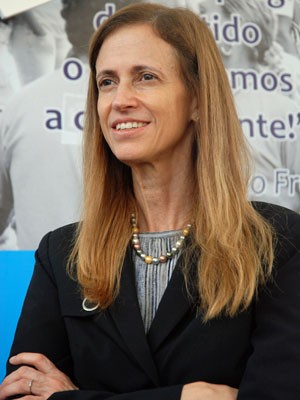 We had the honor of being lecture by
We had the honor of being lecture by 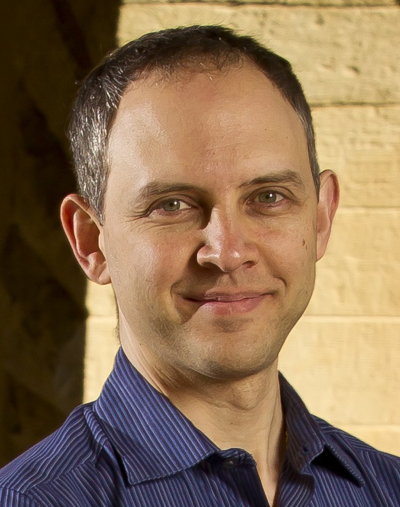 This week Paulo Blikstein presented on the topic of equity in education and how technology could potentially help reduce it – with a warning that it might actually increase the gap between the privileged and the less privileged.
This week Paulo Blikstein presented on the topic of equity in education and how technology could potentially help reduce it – with a warning that it might actually increase the gap between the privileged and the less privileged.